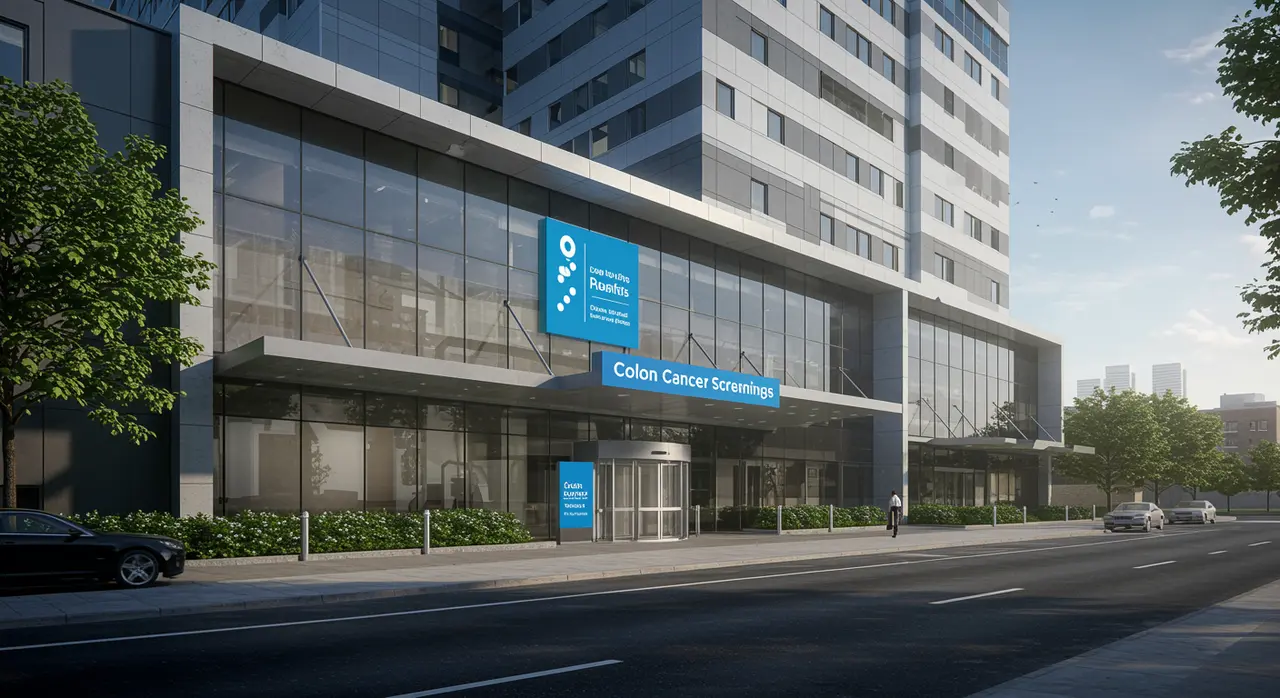Hidden Costs of Colonoscopies Threaten Life-Saving Screenings Amid Rising Colon Cancer Rates
54 views
Doctors are sounding the alarm over a troubling trend that could have life-altering consequences: hidden costs tied to colonoscopies are discouraging patients from undergoing preventative screenings for colon cancer, even as the disease becomes alarmingly prevalent among younger adults. While the Affordable Care Act mandates coverage for colon cancer screenings for asymptomatic adults aged 45 to 75, a cascade of insurance complications, out-of-network services, and billing errors has left some patients grappling with exorbitant medical bills—ranging from $7,000 to an eye-watering $20,000—despite the procedure’s average out-of-pocket cost being just $79. Such financial pitfalls are not only eroding trust in healthcare systems but also deterring patients from accessing a procedure that could save their lives.
The Hidden Toll of Preventative Care: Colonoscopy Costs and Patient Hesitation
Colon cancer screenings, particularly colonoscopies, have long been heralded as a cornerstone of early detection and prevention, capable of identifying precancerous polyps before they progress into malignancies. Medical guidelines recommend that adults begin these screenings at age 45, repeating them every ten years if no abnormalities are detected. Yet, the promise of widespread accessibility has been undermined by the realities of insurance coverage, leaving patients caught in a web of confusion and financial strain.

The issue lies in the gap between what insurance policies claim to cover and what patients ultimately pay. Although colonoscopies are categorized as preventative care under the Affordable Care Act, thereby requiring coverage with minimal out-of-pocket costs, the fine print can be a minefield. Patients who unknowingly schedule their procedures at out-of-network facilities or whose screenings uncover abnormalities—thus shifting the designation from "preventative" to "diagnostic"—may face staggering bills. In one shocking instance, a patient was charged $10,745 for a colonoscopy that should have been covered. Another reported a bill of $20,000, a figure that could easily deter anyone from seeking future medical care.
Doctors are deeply concerned about the ripple effects of these hidden costs. Fear of financial ruin is prompting some patients to delay or forgo screenings altogether—a decision that could prove fatal. Colon cancer often develops silently, its symptoms only emerging in advanced stages when treatment options are limited and less effective. Early detection through screenings significantly improves survival rates, yet the specter of unexpected medical bills is undermining this critical public health goal.
Rising Colon Cancer Rates Among Young Adults Add Urgency to the Issue
Compounding the problem is the alarming rise in colon cancer cases among younger adults, a demographic traditionally considered at low risk. Recent data reveals that rates have doubled from fewer than six per 100,000 in 2011 to approximately 12 per 100,000 in 2021. This surge has baffled researchers and heightened the urgency for accessible screenings. While the exact causes remain elusive, factors such as diet, lifestyle, and environmental exposures are under scrutiny. Regardless of the root cause, the trend underscores the importance of removing barriers to preventative care.
For younger adults who may already be navigating the complexities of insurance for the first time, the prospect of surprise medical bills adds another layer of deterrence. Many in this age group are less likely to have robust insurance plans or the financial stability to absorb unexpected costs, making them particularly vulnerable to delays in diagnosis. The healthcare system’s failure to ensure transparent billing practices is not just a financial issue but a public health crisis in the making.
Navigating the Maze: Advice and Advocacy for Patients
Doctors and patient advocates are urging individuals to take proactive steps to mitigate the risk of surprise bills. Confirming insurance coverage before scheduling a colonoscopy is paramount, as is ensuring the procedure is performed at in-network facilities or freestanding endoscopy centers, which often have lower costs. Patients are also advised to ask detailed questions about potential charges, especially if biopsies or other diagnostic measures might be required during the screening.
Yet, these individual actions alone cannot solve the systemic issues at play. Healthcare providers and insurers must collaborate to improve transparency and streamline communication. Clear explanations of coverage terms, upfront cost estimates, and simplified billing processes could go a long way in restoring trust and encouraging patients to prioritize their health. Policymakers may also need to step in, enforcing stricter regulations to close loopholes that allow for exorbitant charges.
A Broader Reflection: When the Cost of Care Becomes a Barrier to Health
The colonoscopy cost crisis is emblematic of a larger issue plaguing the American healthcare system: the tension between medical necessity and financial accessibility. Preventative care is not just an individual responsibility but a societal imperative, reducing long-term healthcare costs and saving lives. Yet, when patients are forced to weigh their health against their financial stability, the system has failed in its most fundamental purpose.
As colon cancer rates climb among younger adults, the stakes have never been higher. The medical community’s warnings about delayed screenings should serve as a wake-up call, not only for patients but for the institutions responsible for safeguarding public health. Transparent billing practices, equitable insurance coverage, and patient education are not luxuries—they are necessities in the fight against a disease that thrives in silence.
In the end, the question is not just about the cost of a colonoscopy but about the value we place on human life. Preventative care should be a promise, not a gamble, and the barriers that prevent patients from accessing it must be dismantled with urgency and compassion. For every patient deterred by the fear of financial ruin, there is a missed opportunity to catch cancer in its earliest stages—a loss that reverberates far beyond the individual, affecting families, communities, and the very fabric of society.